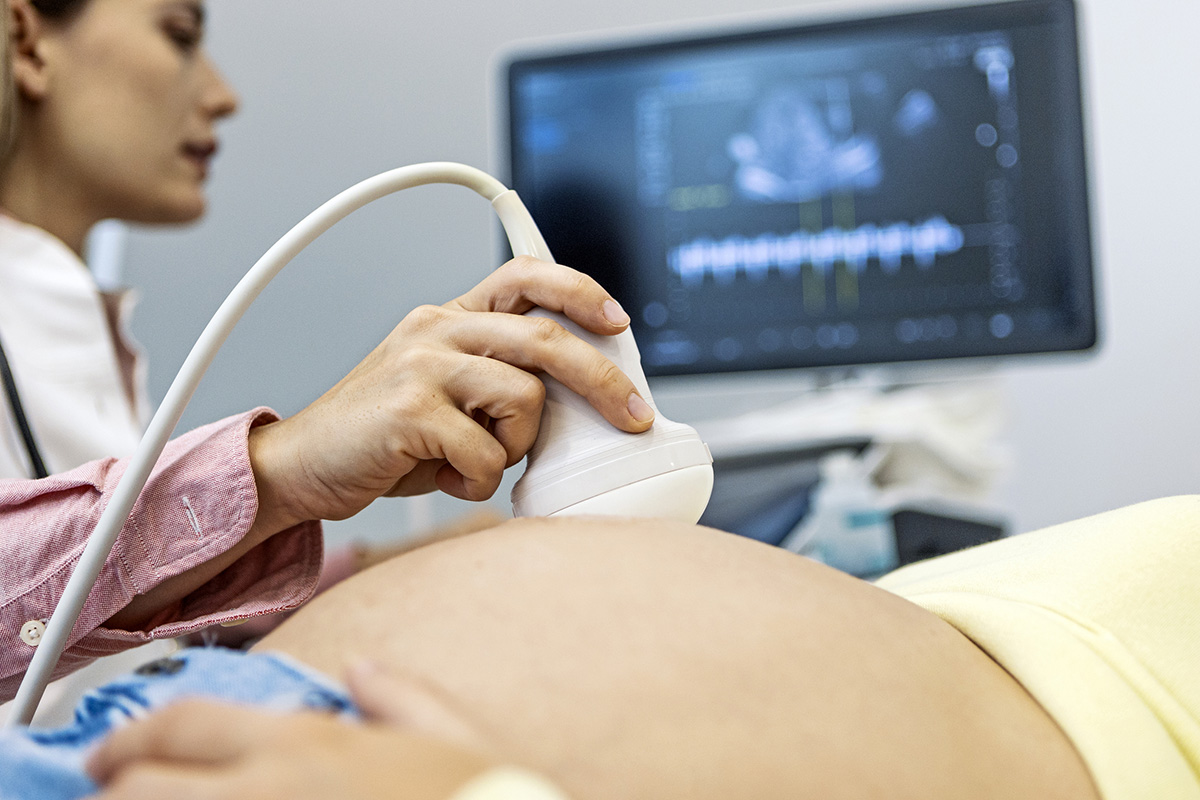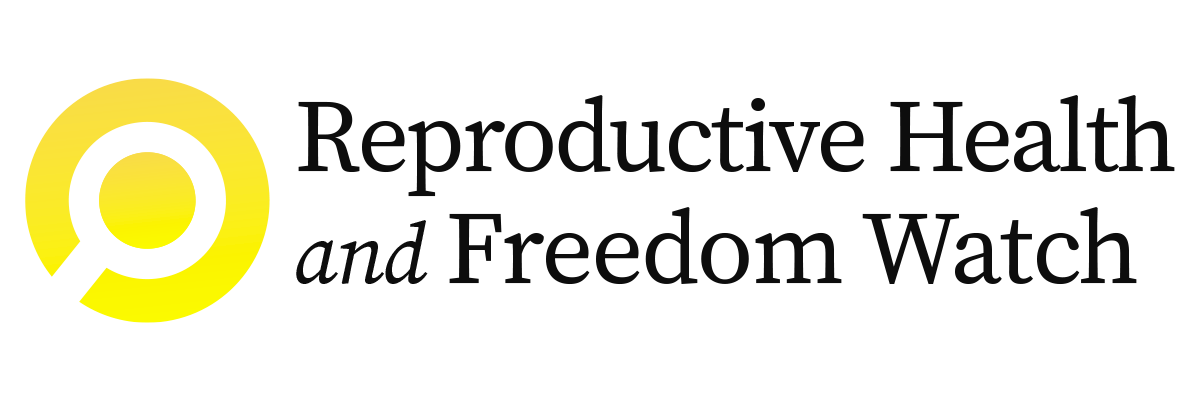
Washington, D.C. – A Republican Congressman and Senator introduced a resolution which would designate the week of November 11 as “National Pregnancy Center Week.” Congressman Bob Good (R-VA 5) and Senator Mike Lee (R-UT) said that these centers “deserve to be supported and recognized for the vital role they play in helping mothers and their families.”
In their release, they quote Heartbeat International President Jor-El Godsey as saying “Through the dedication of these centers, countless lives are changed for the better, providing practical support and emotional encouragement to those in need.”
In truth, unregulated pregnancy clinics, also known as crisis pregnancy centers or CPCs, are largely religiously motivated non-profit organizations that support regressive reproductive health policy (opposing abortion and birth control), and function as the mass, retail-facing backbone of the pro-life movement. These clinics promote services including medical care – such as pregnancy tests, ultrasounds, and reproductive health counseling – and are not regulated by state or federal health agencies. The unregulated pregnancy clinic industry is led by three organizations – Care Net, Heartbeat International, and the National Institute of Family and Life Advocates (NIFLA) – which have relationships with every part of the pro-life movement.
The resolution includes a number of data points that conflict with even the UPC industry’s own reporting including inflated data on the number of clients serviced by the UPC industry.
In response, Reproductive Health and Freedom Watch UPC Program Director Jenifer McKenna said the following:
“Instead of focusing on the important issues facing Americans, politicians in D.C. are celebrating unregulated pregnancy clinics, a $1.7 billion industry riddled with waste and widespread reports that they mislead women and girls seeking their services. UPCs get a significant portion of their funding from state legislatures that award them taxpayer dollars with scant oversight. Meanwhile, UPCs routinely fight efforts to independently assess their impact. Politicians should be requiring accountability from this industry, not celebrating it.”
BACKGROUND:
THE UPC INDUSTRY IS FINANCIALLY WASTEFUL.
- Unregulated Pregnancy Clinics are a billion-dollar industry. The Unregulated pregnancy clinic industry reports annual revenues in excess of $1.7B, including significant taxpayer funding. Despite receiving taxpayer dollars, the industry generally receives minimal regulation at the state and national level.
- The unregulated pregnancy clinic industry is riddled with waste. For example, Texas gives millions in taxpayer dollars to unregulated pregnancy clinics. These clinics can charge the state $14 per pamphlet distributed or diaper handed out – with little oversight from the state on how the money is spent.
THE UPC INDUSTRY PRESENTS A THREAT TO WOMEN’S AND PUBLIC HEALTH.
- Unregulated pregnancy clinics can be unsafe and unsanitary. A Kentucky nurse who volunteered at a UPC reported a clinic using expired disinfectant which doesn’t kill the human papillomavirus to sanitize transvaginal probes. These clinics are not required to submit to the regulatory oversight faced by other medical facilities, including regular inspections.
THE UPC INDUSTRY PRESENTS A THREAT TO THE SECURITY OF ITS’ CLIENTS PERSONAL HEALTH INFORMATION.
- Unregulated pregnancy clinics are not required to protect the sensitive health information of the women who seek their care. Unlike regulated doctors’ offices or medical facilities, there is no legal requirement for unregulated pregnancy centers to comply with HIPAA privacy rules and regulations.
- In fact, the country’s largest network of unregulated pregnancy clinics, Heartbeat International, recently came under fire for a data breach, where they apparently showed the names of real women who sought care at one of their Louisiana affiliates in a training video available online.
VOTERS SUPPORT ACCOUNTABILITY FOR THE UPC INDUSTRY.
- 71% of voters want these UPCs to be regulated. Elected officials have an opportunity to boost their brand and take a stance on a popular, non- partisan issue. After just one message against UPCs, 55% of voters say they would be more favorable to an elected official who takes action against UPCs, including 48% of political swing voters – those who decide elections. Notably, voters also feel strongly (96% agree) that “any organization that receives tax dollars must be able to account for how it spends them.”
